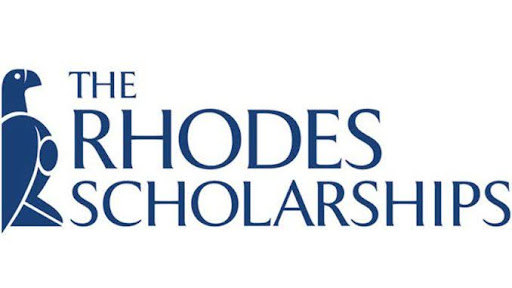The Rhodes Scholarship is a beacon of academic excellence, leadership, and service, recognized as one of the oldest and most prestigious international scholarship programs in existence. Established in 1902, the scholarship has a storied history and a profound impact on the lives of its recipients, often referred to as Rhodes Scholars. This article delves into the origins, purpose, and significance of the Rhodes Scholarship, offering a comprehensive overview for those unfamiliar with this esteemed program.
Origins of the Rhodes Scholarship
The Rhodes Scholarship was founded through the bequest of Cecil John Rhodes, a British mining magnate and politician who had a significant influence on Southern Africa during the late 19th and early 20th centuries. Rhodes’s vision was to promote international understanding and peace through the education of young leaders. His will specified that the scholarships should be awarded to students from various countries, including the United States, Germany, and the British colonies.
Cecil Rhodes believed that nurturing talented individuals from diverse backgrounds at a world-class institution like the University of Oxford would foster global leadership and cooperation. His legacy, though controversial due to his imperialist views, has undeniably contributed to shaping an influential and diverse network of leaders across the globe.
Purpose and Vision
The primary purpose of the Rhodes Scholarship is to bring together exceptional students from different parts of the world to study at the University of Oxford. Rhodes Scholars are selected based on their academic achievements, leadership potential, and commitment to service. The selection criteria emphasize:
- Literary and Scholastic Attainments: Academic excellence is a cornerstone of the scholarship. Candidates must demonstrate outstanding intellectual capabilities and a passion for learning.
- Energy to Use One’s Talents to the Fullest: This criterion reflects the importance of physical vigor and the ability to fully engage in diverse pursuits, from sports to creative arts.
- Truth, Courage, Devotion to Duty, Sympathy for and Protection of the Weak, Kindliness, Unselfishness, and Fellowship: These qualities emphasize the moral character and ethical grounding expected of Rhodes Scholars.
- Moral Force of Character and Instincts to Lead: Leadership potential is crucial, with candidates expected to possess a vision and the ability to inspire others.
Impact and Opportunities
The Rhodes Scholarship provides full financial support for Scholars to pursue any full-time postgraduate degree at the University of Oxford. This includes tuition, a personal stipend, and airfare to and from Oxford. The benefits extend beyond financial support, offering access to a vibrant community of scholars, alumni networks, and a myriad of academic and extracurricular opportunities.
The impact of the Rhodes Scholarship is evident in the achievements of its alumni. Rhodes Scholars have gone on to become influential leaders in various fields, including politics, academia, business, and the arts. Notable alumni include former U.S. President Bill Clinton, Australian Prime Minister Malcolm Turnbull, and journalist and author Naomi Wolf.
The Selection Process
The selection process for the Rhodes Scholarship is rigorous and highly competitive. Prospective candidates must first be endorsed by their home institution, followed by a series of interviews and assessments conducted by regional selection committees. The process is designed to identify individuals who not only excel academically but also embody the values and vision laid out by Cecil Rhodes.
Challenges and Controversies
Despite its prestige, the Rhodes Scholarship has not been without controversy. Critics have pointed to Cecil Rhodes’s legacy of colonialism and the problematic aspects of his vision. In recent years, there have been calls to re-evaluate and contextualize the scholarship’s history, ensuring it aligns with contemporary values of inclusivity and social justice. The scholarship administrators have made efforts to address these concerns by promoting diversity and inclusion within the Rhodes community.
Conclusion
The Rhodes Scholarship remains a powerful force in global education, offering talented individuals the opportunity to study at one of the world’s leading universities. Its emphasis on academic excellence, leadership, and service continues to inspire and shape future leaders. For those unfamiliar with the Rhodes Scholarship, it represents not just a chance to further one’s education, but a platform to make a meaningful impact on the world. Through its rich history and enduring legacy, the Rhodes Scholarship exemplifies the potential of education to transform lives and foster global understanding.



